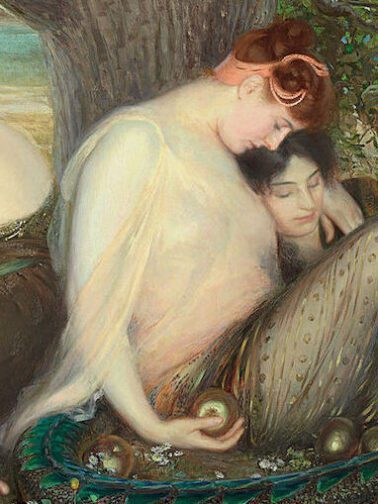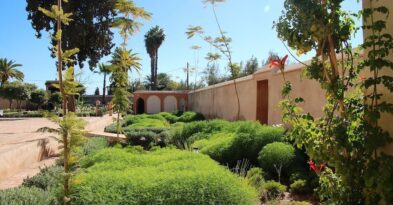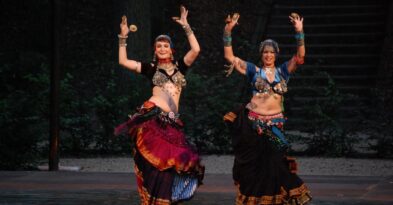Ancient Myths of Morocco
In Morocco, several Greek myths and legends have left their traces. The Greeks thought that the oceans formed a belt of water delimiting the world. The geographical position of Morocco, at the western end of the known world, made it a land of confines. Morocco has thus nourished the legend of Greek mythology.
The rational interpretation of mythology is generally a perilous exercise. About its density, the one that concerns Greek beliefs is even more so. But any mythology, which is also a cosmogony, an attempt to explain the world, is necessarily based on a geography, very real this time.
The Garden of Hesperides
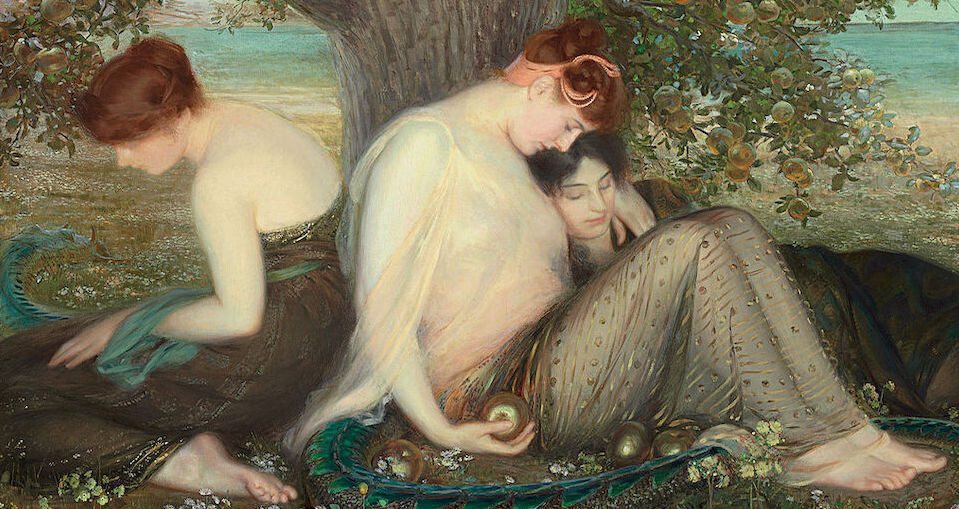

In Greek mythology, the garden of the Hesperides is a land of legends that houses the golden apples. The garden is the property of the Hesperides, sometimes represented as the daughters of Atlas, sometimes as the daughters of the night and the darkness.
Let us return first to the story of this hero to better understand how he came to tread the land of Morocco. Hercules was the son of Zeus and Alcmene, the wife of Amphitryon, King of Thebes. He is considered as the personification of physical strength, and as such, is at the origin of the foundation of the Olympic Games. His destiny as a hero and a half-God is to protect and assist mortals. Yet, as often with the Greeks, the tragic interferes. Hera (Queen of the heaven and goddess of fertility) is the protector of Iphicles, rival and twin brother of Hercules. Jealous of the latter’s power at the expense of his brother, she strikes Hercules with a madness that leads him to kill his wife and children. To purify himself from his crimes, Hercules consulted the Oracle of Delphi, which required him to perform works on behalf of Eurystheus, Lord of the Argolis.


In Greek mythology, the garden of the Hesperides is a land of legends that houses the golden apples. The garden is the property of the Hesperides, sometimes represented as the daughters of Atlas, sometimes as the daughters of the night and the darkness.
Let us return first to the story of this hero to better understand how he came to tread the land of Morocco. Hercules was the son of Zeus and Alcmene, the wife of Amphitryon, King of Thebes. He is considered as the personification of physical strength, and as such, is at the origin of the foundation of the Olympic Games. His destiny as a hero and a half-God is to protect and assist mortals. Yet, as often with the Greeks, the tragic interferes. Hera (Queen of the heaven and goddess of fertility) is the protector of Iphicles, rival and twin brother of Hercules. Jealous of the latter’s power at the expense of his brother, she strikes Hercules with a madness that leads him to kill his wife and children. To purify himself from his crimes, Hercules consulted the Oracle of Delphi, which required him to perform works on behalf of Eurystheus, Lord of the Argolis.
Antaeus
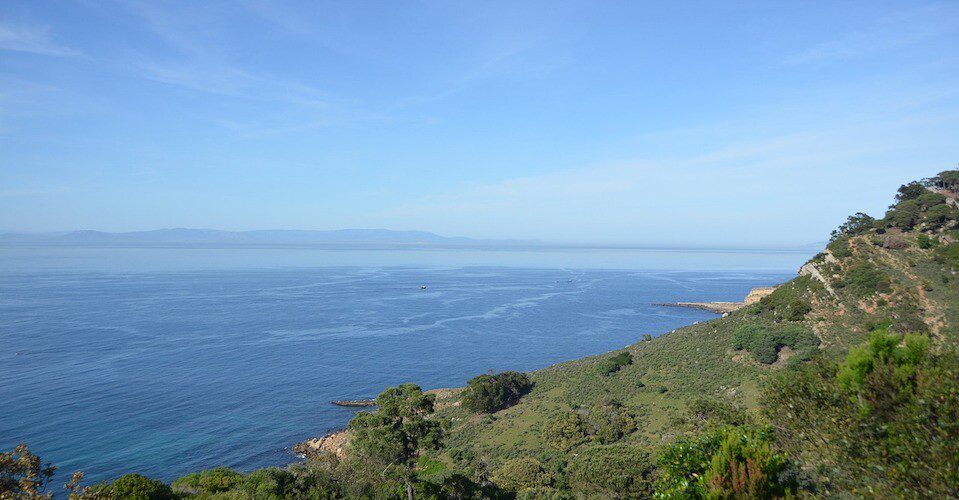

After asking his way to the prophetic God Nereus, he finds himself facing the giant Antaeus. The latter would be the master of the realm of the far west.
Antaeus lived in Lixus, now Larache, in a palace. According to the legend, it is he who founded Tingis (Tangier) whose name is that of his wife “Tinga”.
The violent fight between Hercules and Antaeus is an epic battle, during which Hercules split the Strait of Gibraltar with a saber and the fight gives the advantage to the son of Zeus, Atlas.
Atlas
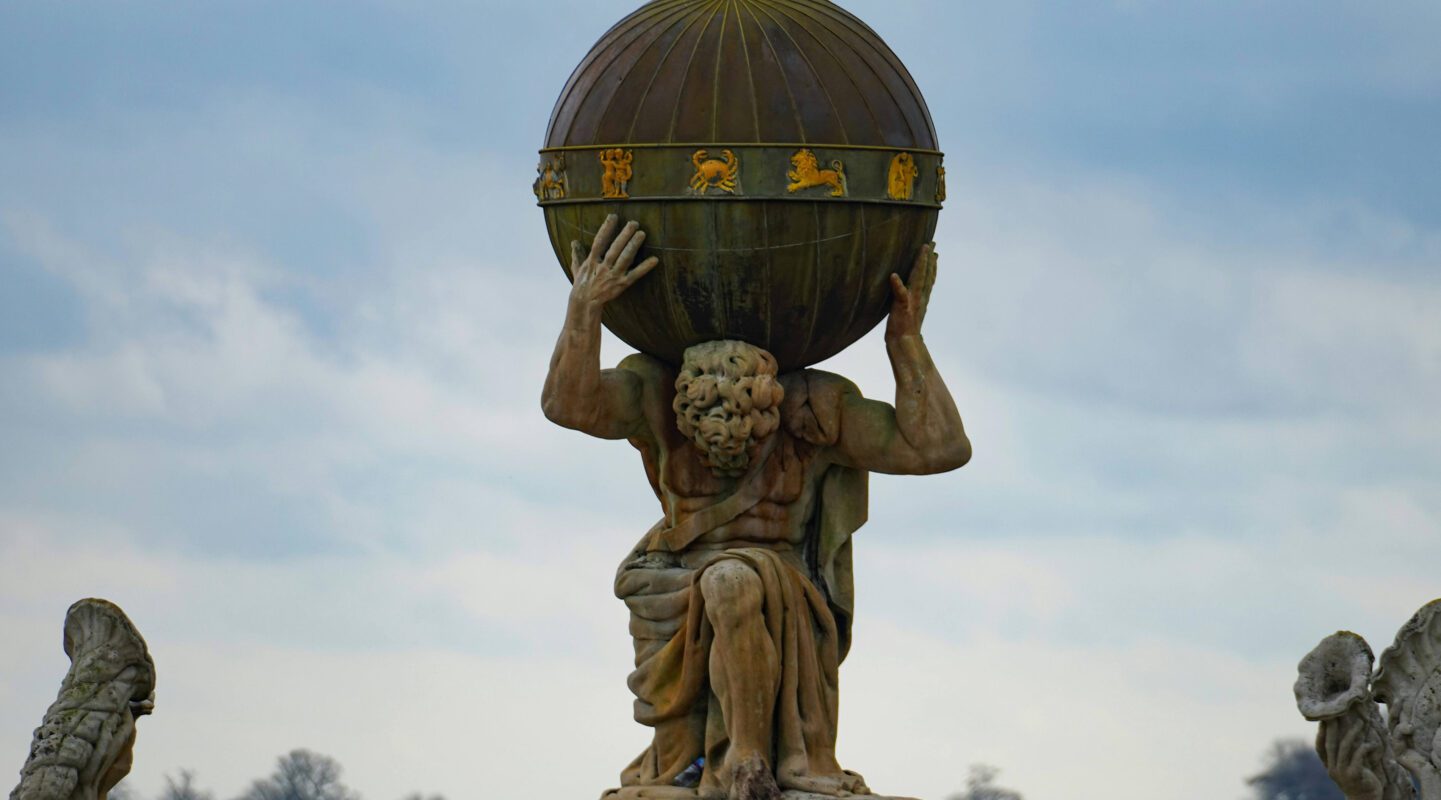

On the advice of Nereus, Hercules solicits the help of the Titan Atlas, condemned by Zeus to lift the celestial globe after the defeat in the war with the gods, until someone wants to replace him.
Atlas, happy to relieve himself of this chore for at least a moment, agrees to go and pick the golden apples for Hercules, after Hercules had killed Ladon, guardian of the estate of the Hesperides. But when he returns, Atlas refuses to take back his burden and Hercules is forced to use trickery to return it to him by pretending to readjust the weight on his shoulders, and leaves “the burden of the world” to Atlas, recovers the golden apples and leaves with the precious loot.
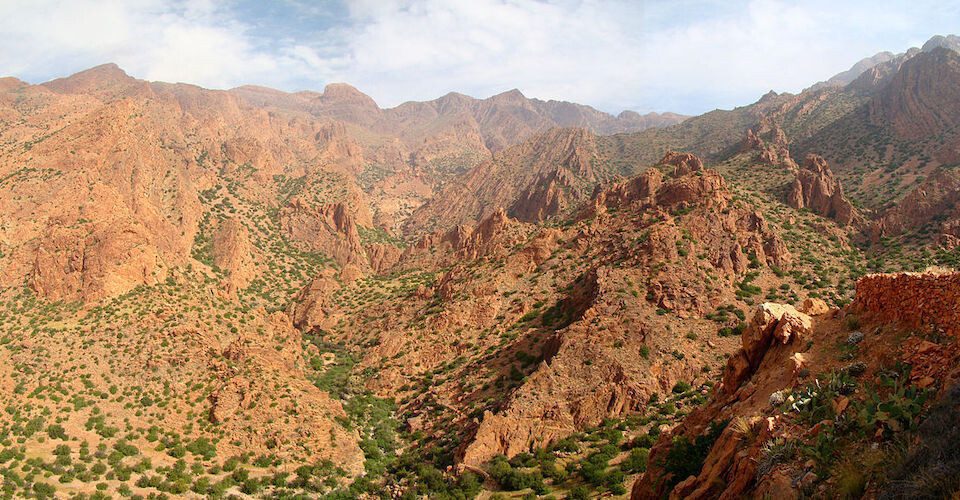

And the ocean near the place where Atlas stood was called “Atlantic”, meaning the “Sea of Atlas” , in honor of him, which was also the westernmost end of the world known to the ancient Greeks.
In another story of Roman mythology, due to the inhospitality of Atlas to Perseus, angry Perseus petrified Atlas by showing him the head of Medusa, which had the power to turn all who looks into her eyes into stone. Atlas then turned to stone. This curse is the origin of the name given to the Moroccan mountain range (Atlas).
The Columns and Caves of Hercules
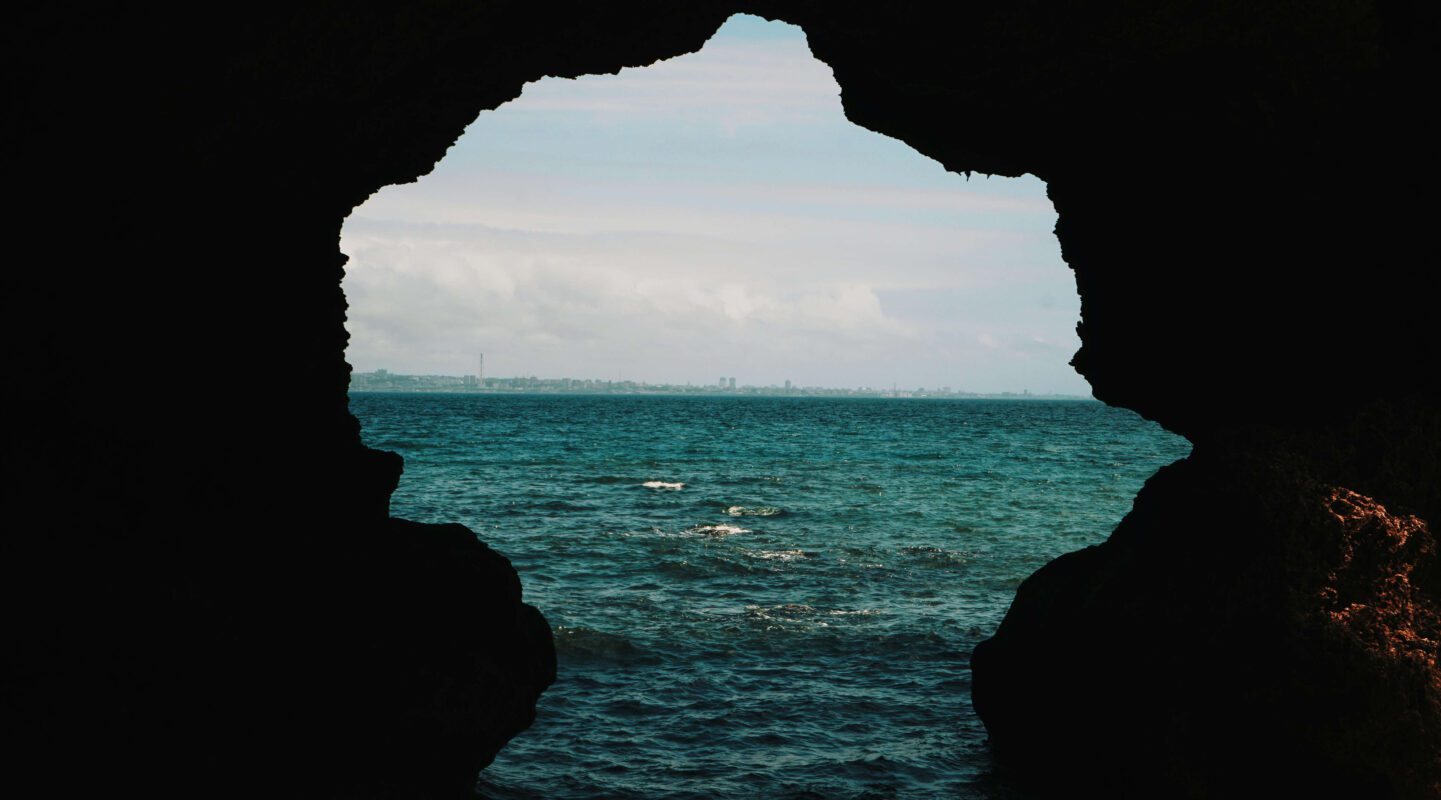

Legend has it that the Hercules Caves in Gibraltar in the north and Jbel Moussa on the south shore are the result of a Hercules sword strike against the giant Antaeus. Another version says that these caves would be the result of bringing together two columns to stop the sea monsters from sneaking into the Mediterranean. Most popular one is that Hercules came here and decided to rest and to gain strength.
As for the columns, there is also the version that they were erected by the hero to mark the limits of the “civilized world”. In ancient times, the two rocks on both sides of the strait were named Calpe (on the European side) and Abyla (on the African side). They constituted a sort of natural boundary of the world known to the Greeks, from India to Morocco. The columns of Hercules thus warn the unwary travelers that they are heading straight for “the sea of darkness”, namely the Atlantic Ocean.
The influence of ancient Greece on the Berbers
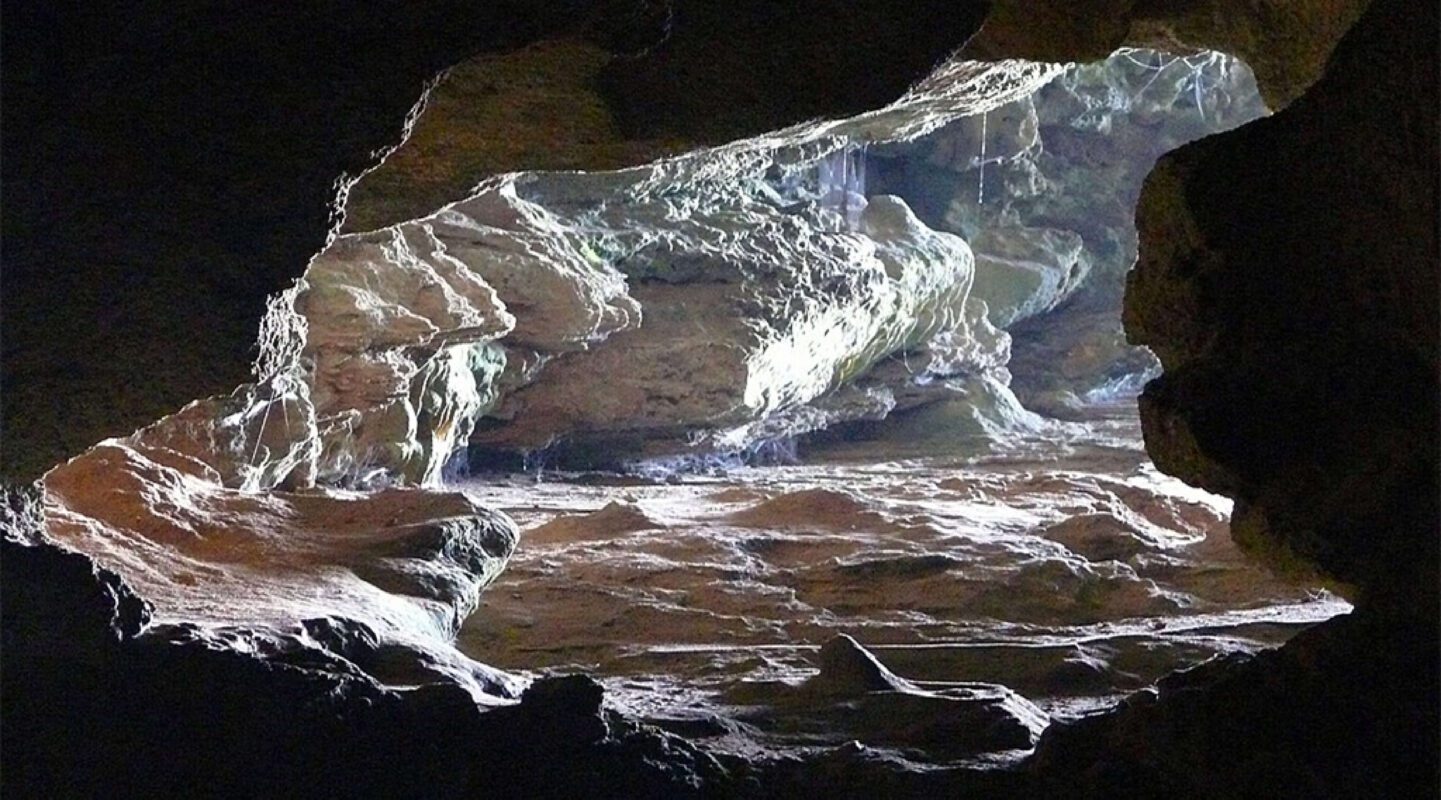

Greek mythology did not stop at calling Morocco. Several indications show that some ancient cults are found in Berber culture. This is the case of Antaeus, the giant defeated by Hercules. Plutarch says that “it is here (in Tangier), say the Africans, that Antaeus is buried. Sertorius, who did not believe what the Berbers said about the enormous size of this giant, opened his tomb, where he found, it is said, a body of sixty cubits. The wife of the giant, named Tinga would be a Berber goddess, founder of Tangier. At the death of her husband, she would have joined her executioner Hercules. Their descendants would have allowed to find the first kingdom of Mauretania. Some tales still narrated today in the Tazeroualt and Zemmour tribes, and have strong similarities with legends of ancient Greece.
Contact us for more travel information!

